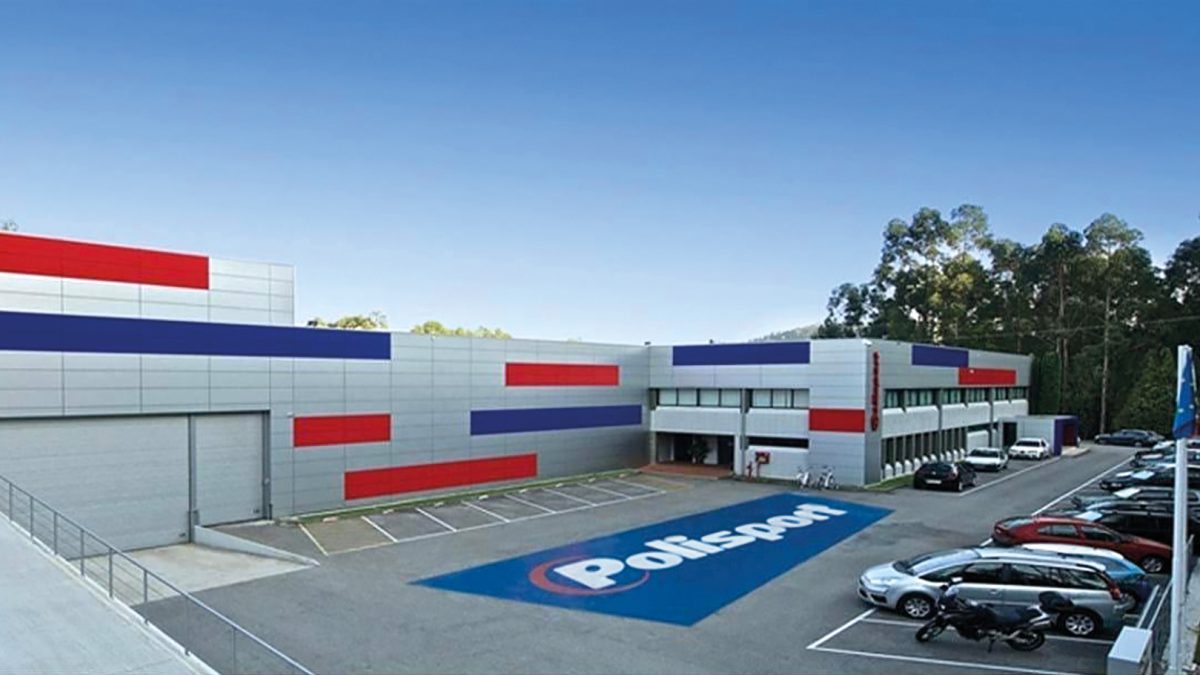“The digital transformation of value chains is increasingly a basic condition for the success of companies. It is a new industrial revolution that goes beyond the boundaries of the production process”, believes Paulo Rodrigues, Chief Financial Officer (CFO) of the Polisport group, which owns a group of companies specializing in accessories for off-road bikes and motorcycles, based in Oliveira de Azeméis.
For this director, the changes in the business model and organizational culture that underlie that transformation result from the authentic revolution in the value chain, both horizontal and vertical. At Polisport, this transformation in the distribution chain allowed us to “shorten the distance between our products and the final consumer”. However, this was only the most visible result at the external level, since the change, which came from within, touched the organization as a whole.
“We recorded gains in productivity in all processes, both in the operational and support areas, which led to a clear reduction in costs, an increase in profits associated with the improvement of quality standards and the added value of products and services offered to our customers, as well as increasing satisfaction of suppliers, clientes, partners and collaborators”, revealed Paulo Rodrigues.
A gradual change
Polisport’s digital transformation process began almost a decade ago, during which, in addition to introducing new technology, structural changes were also needed. “What I like most is the change in organizational culture and business processes”, says the CFO. Currently, he adds, “our people feel much more confident and motivated and are increasingly autonomous”. From the transformation process, the director also highlights as a great asset the decentralization of decision making and the flow of information between processes, which today happens naturally and without barriers.
The migration of internal servers to the cloud was one of Polisport’s first steps towards the digital transformation of its value chain. Alongside this change, the company made a number of other major investments, namely in new production equipment, sensors and software. Later, as Paulo Rodrigues says, “We started building a data warehouse with information collected from our entire ecosystem”. These projects allowed the group to create autonomous production cells, which led to an improvement in quality levels, the automation of manual operations, and the recognition of productivity gains associated with reduced set-up and production times. “The automation of manual tasks, both in the production area and in the administrative area, allowed us to direct our people to data analysis, a function that quickly took on a crucial role in supporting all business processes, especially with regard to decision-making, which is increasingly more agile and accurate”, emphasizes the CFO.
Looking towards the external ecosystem, Polisport provided itself with information collected from social networks and through partners, suppliers and customers, “which allowed us to improve the reliability of our forecasts, reduce stocks, improve the performance of our suppliers, our level of service and more accurately anticipate our customers’ expectations”.
Paulo Rodrigues believes that “information is, without a doubt, the key element of this revolution”. The director of the finance department recalls that numerous projects for collecting, analyzing, processing and communicating vital information have been implemented for all members of the value chain, both vertical and horizontal, with a view to creating digital solutions that respond in real time, to all the needs of each of these players. “We created communication portals with customers, suppliers, employees and other partners”, says the director of Polisport. Custom-made solutions, some completely automatic, without human intervention, and other mobile solutions that can be connected to any device and at any time. “All of this allowed us to reduce administrative time, eliminate errors and focus our people on the relationship with customers and suppliers”, he adds.
For 2020, Polisport is preparing a project that aims to sell directly through online platforms. Without giving details, Paulo Rodrigues assures us that it is “a strategic project given the significant impact on our business model, on the distribution chain and on the productive and logistical process”. An inevitable step, as he recognizes. “We have everything ready to start in 2020″, he guarantees.
Developed in partnership with:



